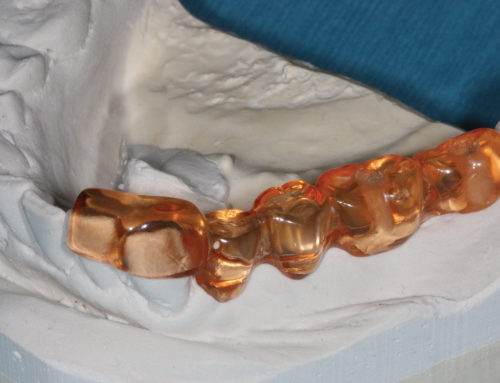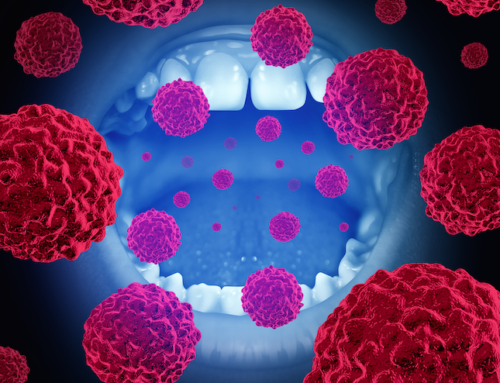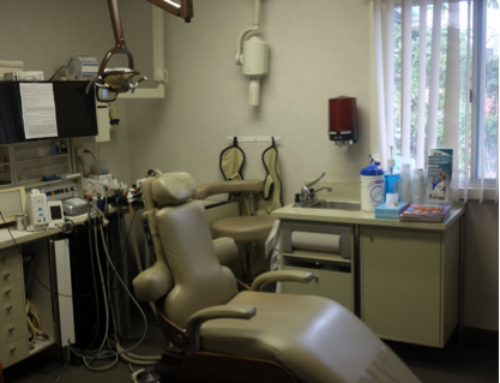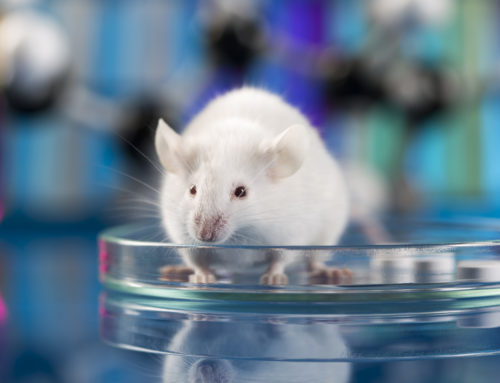Calcium has long been cited as a factor in developing and maintaining strong teeth, but according to new research, calcium has an important ally in enhancing periodontal health: vitamin D.
In addition to aiding the body’s absorption of calcium, vitamin D has been found to increase the production of antimicrobial peptides, which are broad-spectrum antibiotics that could kill or slow the growth of bacteria in the biofilm and help prevent and treat periodontal disease.
Researchers found that patients who took 400 IU of vitamin D and 1000 mg of calcium supplementation per day while undergoing a periodontal maintenance program trended toward better periodontal health compared to patients in a maintenance program who weren’t taking supplements. Both groups underwent maintenance every three months, and researchers noted less inflammation and less bleeding upon probing in supplement takers.
Researchers at the University of North Carolina at Chapel Hill and Harvard Medical School have also found vitamin D deficiency to be associated with maternal periodontal disease during pregnancy. In a study of 117 pregnant women with periodontal disease, 65% were found to be deficient in vitamin D. Of 118 periodontally healthy pregnant women, only 29% were deficient.

Not only could vitamin D supplements potentially help prevent maternal periodontal disease and adverse pregnancy outcomes related to it (such as premature birth and preeclampsia), but a 2008 study at the University of Manitoba found that expectant mothers who maintained adequate vitamin D levels during pregnancy protected their children from tooth decay in early childhood.
The Institute of Medicine (IOM) recently raised vitamin D guidelines to 600 IU per day for Canadians up to the age of 70, and 800 IU per day for those 71 and older.





